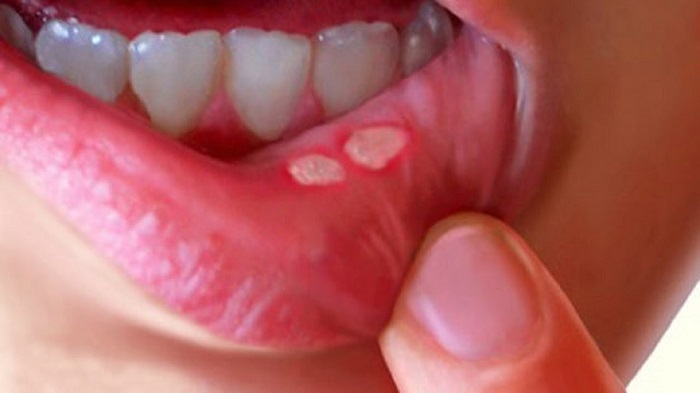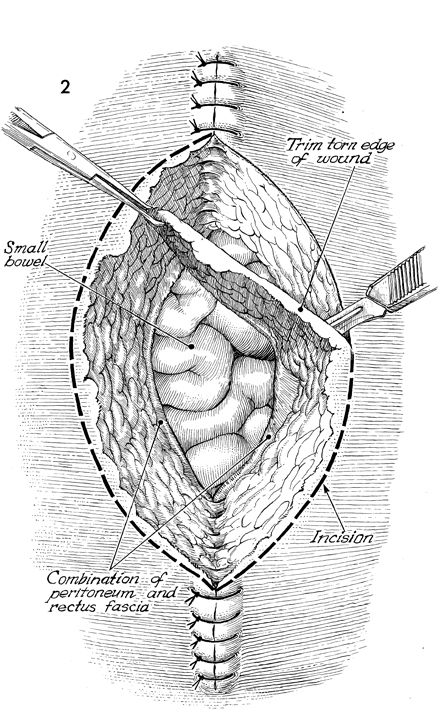How To Heal Celiacrelated Mouth Sores? Expert Tips

Celiac disease, an autoimmune disorder triggered by the ingestion of gluten, can lead to a myriad of symptoms beyond the commonly recognized gastrointestinal issues. One of the lesser-discussed but significant manifestations of celiac disease is the development of mouth sores, also known as aphthous ulcers or canker sores. These sores can be painful, causing discomfort and affecting an individual’s quality of life. The primary step in managing celiac-related mouth sores is adhering to a strict gluten-free diet, which helps in healing and preventing future occurrences. However, there are additional strategies and expert tips that can aid in the healing process and provide relief from the discomfort associated with these sores.
Understanding Celiac Disease and Mouth Sores
Before diving into the healing strategies, it’s crucial to understand the link between celiac disease and mouth sores. Celiac disease causes the immune system to react to gluten, leading to inflammation and damage in the small intestine. This reaction can also affect other parts of the body, including the mouth, leading to the formation of mouth sores. The malabsorption of nutrients due to celiac disease can further exacerbate the condition, making it essential to manage the disease through dietary adjustments and other therapeutic measures.
Dietary Adjustments
- Gluten-Free Diet: The cornerstone of managing celiac disease is adopting a strict gluten-free diet. Gluten is found in wheat, barley, and rye, and avoiding these can help in reducing inflammation and promoting healing of mouth sores.
- Nutrient-Rich Foods: Consuming foods rich in vitamins and minerals, especially those that are often deficient in individuals with celiac disease (such as iron, vitamin B12, and folate), can help in healing and preventing mouth sores.
- Avoid Irritating Foods: Some foods can irritate mouth sores, making them more painful. Avoiding spicy, acidic, or sharp foods can help in reducing discomfort.
Topical Treatments
- Salt Water Rinses: Rinsing the mouth with warm salt water several times a day can help reduce swelling and ease pain.
- Topical Anesthetics: Over-the-counter topical anesthetics can provide temporary pain relief by numbing the area around the mouth sore.
- Protective Pastes: Applying a protective paste to the sore can help protect it from further irritation and facilitate healing.
Lifestyle Modifications
- Stress Reduction: Stress can exacerbate symptoms of celiac disease, including mouth sores. Engaging in stress-reducing activities such as meditation, yoga, or deep breathing exercises can be beneficial.
- Good Oral Hygiene: Maintaining good oral hygiene through regular brushing and flossing can help prevent infections and promote healing of mouth sores.
- Adequate Rest: Getting enough sleep and rest can help the body recover from the autoimmune response and heal more efficiently.
Professional Guidance
- Dietitian Consultation: Consulting with a dietitian can help in planning a balanced gluten-free diet that meets all nutritional needs.
- Dental Care: Regular dental check-ups can help identify any oral health issues early on, including mouth sores, and provide appropriate care.
- Medical Follow-Up: Regular follow-ups with a healthcare provider can help monitor the progression of celiac disease and adjust the treatment plan as necessary to manage symptoms effectively.
Conclusion
Managing celiac-related mouth sores requires a multifaceted approach that includes strict adherence to a gluten-free diet, topical treatments for relief, lifestyle modifications to reduce stress and promote healing, and professional guidance to ensure comprehensive care. By implementing these strategies, individuals with celiac disease can find relief from the discomfort of mouth sores and improve their overall quality of life.
FAQ Section
What are the primary causes of mouth sores in individuals with celiac disease?
+Mouth sores in individuals with celiac disease are primarily caused by the autoimmune response triggered by gluten ingestion, leading to malabsorption of essential nutrients and overall body inflammation.
How long does it take for mouth sores to heal after adopting a gluten-free diet?
+The healing time for mouth sores after starting a gluten-free diet can vary. Some individuals may experience relief within a few days, while others may take several weeks to notice significant improvement. Consistency with the diet and overall health can influence healing time.
Can topical treatments alone heal celiac-related mouth sores?
+While topical treatments can provide relief and aid in the healing process, they are most effective when used in conjunction with a strict gluten-free diet. Without addressing the underlying cause of the sores, they are likely to recur.

